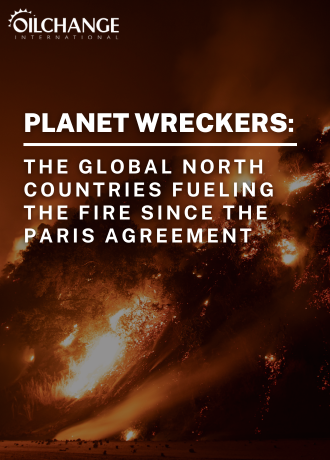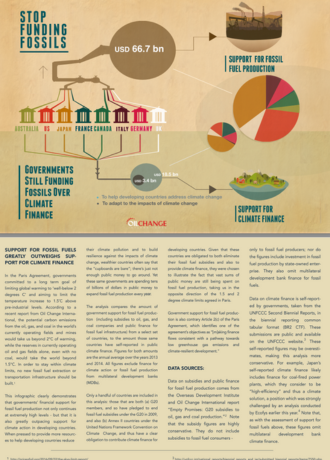
Planet Wreckers: The Global North Countries Fueling the Fire Since the Paris Agreement
A decade on from the Paris Agreement, fossil fuel extraction and use have continued to rise and hit record levels. At the same time, the public finance needed to unlock the required climate action has not been delivered.










